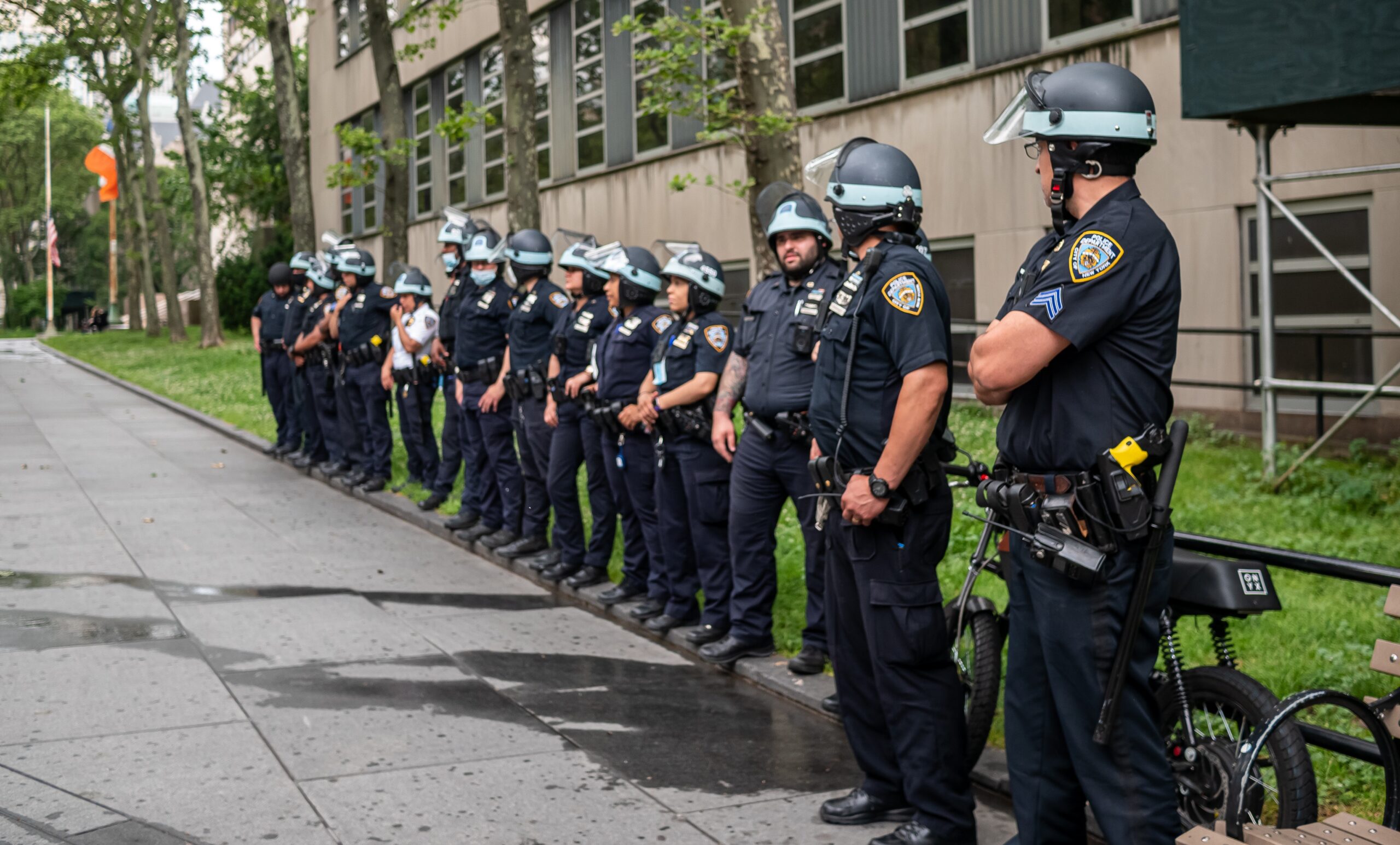Introduction
Law enforcement is a demanding profession that exposes officers to high levels of stress and trauma. The nature of the job can have a significant impact on an officer’s mental health and overall well-being. That’s why it’s essential to have access to mental health and wellness program resources. These resources provide support, education, and preventive measures to help officers cope with the demands of their job and maintain their mental health. This blog post will explore some of the available resources for law enforcement officers.
Employee Assistance Programs (EAPs)
Employee Assistance Programs (EAPs) are confidential counseling services that provide support to employees and their families. EAPs are often offered by employers, including law enforcement agencies. These programs provide short-term counseling, referrals to mental health providers, and other resources. EAPs can help officers deal with work-related stress, trauma, relationship issues, and other personal problems. EAPs are an essential resource for law enforcement officers, and they should take advantage of this service when needed.
Peer Support Programs
Peer support programs are designed to provide emotional and psychological support to officers by their peers. These programs are often run by law enforcement agencies and are staffed by trained officers who have experienced similar situations. Peer support programs provide a safe environment for officers to share their experiences, receive support, and learn coping strategies. These programs can help officers deal with the stress of the job and prevent mental health issues from developing.
Mental Health First Aid Training
Mental Health First Aid training is a course designed to teach individuals how to identify and respond to mental health crises. This training is available to law enforcement officers and can help them recognize the signs of mental health issues in themselves and others. Mental Health First Aid training can also provide officers with the skills to provide immediate assistance to someone in crisis and link them to appropriate resources. This training can be an essential resource for officers who may encounter individuals in crisis while on duty.
Stress Management Programs
Stress management programs are designed to help officers cope with the stress of their job. These programs can include workshops, training, and counseling services. Stress management programs can provide officers with the tools to manage stress and prevent burnout. These programs can also help officers develop coping strategies and improve their overall well-being.
Mindfulness and Meditation Programs
Mindfulness and meditation programs can help officers reduce stress and improve their mental health. These programs teach officers how to focus on the present moment and develop a sense of calm. Mindfulness and meditation programs can be a useful tool for officers who need to manage stress and improve their overall well-being.
Fitness and Nutrition Programs
Fitness and nutrition programs can help officers maintain their physical and mental health. These programs can include gym memberships, nutrition counseling, and fitness classes. Fitness and nutrition programs can help officers manage stress, improve their energy levels, and reduce the risk of chronic diseases. Maintaining a healthy lifestyle can be challenging for officers, but these programs can provide the necessary support and resources.
Mental Health Surveys
One effective tool police departments can use to identify mental health concerns among their officers is officer surveys. Officer surveys can provide valuable information on officers’ perceptions of their job stressors, the department’s culture and leadership, and their experiences with mental health and wellness programs. By conducting regular officer surveys, police departments can identify areas of concern and implement targeted interventions to support officer mental health.
Once police departments have identified officers who may be struggling with mental health issues through officer surveys, it is important to connect these officers with appropriate resources and support. This can include counseling services, peer support groups, and referrals to mental health professionals. Police departments can also provide training on stress management and coping skills to help officers better manage the demands of their job. To conduct mental health surveys in your police department simply login to your Officer Survey account, click on “employee surveys” and select Mental Health Survey.”
Section 9: Conclusion
Law enforcement officers face significant stress and trauma in their job, which can have a significant impact on their mental health and well-being. It’s essential to have access to mental health and wellness program resources to help officers cope with the demands of their job and maintain their mental health. Employee Assistance Programs (EAPs), peer support programs, Mental Health First Aid training, stress management programs, mindfulness and meditation programs, fitness and nutrition programs, and mental health screening programs are just some of the available resources for law enforcement officers. Officers should take advantage of these resources when needed and remember that seeking help is a sign of strength.
Section 10: Additional Resources
For additional resources and support, officers can reach out to the National Suicide Prevention Lifeline at 1-800-273-TALK (8255) or the National Alliance on Mental Illness (NAMI) helpline at 1-800-950-NAMI (6264). These hotlines provide confidential support and resources for individuals experiencing mental health issues.








